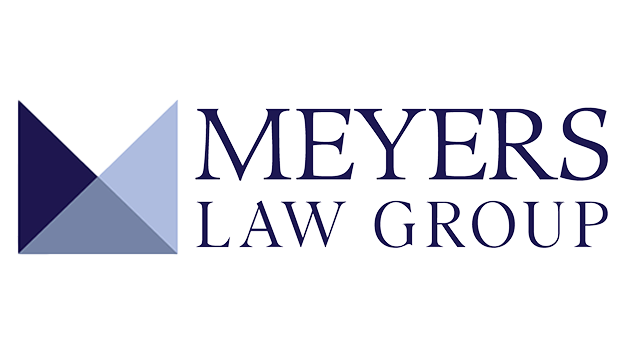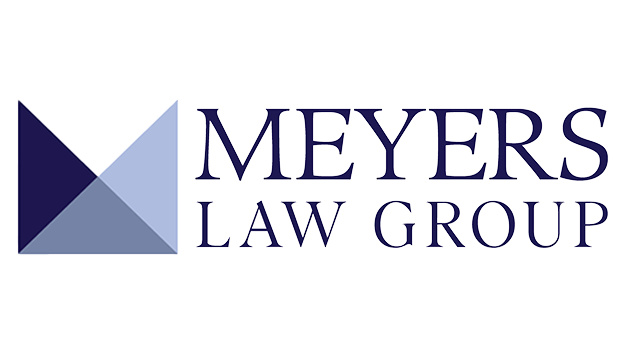Navigating the Five Levels of Appeal in Medicare Parts A and B Claims

The appeal of Medicare Parts A and B (Original Medicare) claims consists of five levels of appeal,1 each level of appeal containing unique timelines and requirements, and in some cases, multiple timelines that run concurrently. Navigating through each of these levels of appeal, which, at the lower levels are primarily handled by CMS contractors, can be fraught with hazards, and if not done properly, could cost you that appeal.
The Social Security Act (the Act) established the five levels of appeal for Original Medicare: Redetermination (Level 1); Reconsideration (Level 2); Hearing before an Administrative Law Judge or ALJ (Level 3); Review by the Medicare Appeals Council (Level 4); and Judicial Review in U.S. District Court (Level 5).2 The following is a brief examination of each Level.
Level 1 – Redetermination. The 1st level of appeal is a written Request for Redetermination with a Medicare Administrative Contractor (MAC), which must be filed within 120 days from receipt of the Remittance Advice (RA) which lists the initial determination. While you have 120 days to file a Request for Redetermination, it is important to note a Demand Letter will be sent after the decision or determination that there was an overpayment, and that (1) unless paid in full, interest will begin to accrue on the Amount in Controversy (AIC) on the 31st day from the date of the Demand Letter; and (2) unless an appeal is received by the 30th day from the date of the Demand Letter, CMS will begin recouping for that debt on the 41st day from the date of the Demand Letter. It’s essential to remember that the timelines for appeal, interest and recoupment all run concurrently. Due to certain statutory limitations,3 recoupment will stop once they receive a valid Request for Redetermination.4 However, interest will continue to accrue on the unpaid AIC.
Level 2 – Reconsideration. A written appeal of a Redetermination decision must be filed within 180 days from receipt of the RA to appeal to the 2nd level, which is a written Request for Reconsideration to a Qualified Independent Contractor (QIC), who is tasked to conduct an independent review of the claim. Even though you have 180 days to appeal to the QIC, interest will continue to accrue on that debt, and recoupment by CMS will begin on the 61st day after the Demand Letter. Again, these timelines run concurrently, however, recoupment will stop once they receive a valid written Request for Reconsideration to the QIC.
Level 3 – ALJ Hearing. An appeal to ALJ at the Department of Health & Human Services (HHS) Office of Medicare Hearings and Appeals (OMHA), which is independent of CMS,5 is the 3rd level of appeal, whereupon the ALJ will conduct a de novo review of the claim, and the legal standard of proof is by a preponderance of the evidence. A Request for ALJ must be filed on the proper CMS form (OMHA-102) within 60 days of receipt of the Reconsideration decision letter, and the claim must meet the minimum AIC.6 However, while interest will continue to accrue on that unpaid debt, unlike in the previous lower levels of appeal, regardless of whether or not you appeal to OMHA for an ALJ Hearing, CMS will begin or resume their recoupment efforts on the 30th calendar day after the date of the QIC Reconsideration decision until the unpaid debt is satisfied or paid in full.
Level 4 – Medicare Appeals Council Review. Appeals of ALJ decisions are reviewed by the Medicare Appeals Council (Council), which are within the HHS Departmental Appeals Board (DAB) and is the 4th level of appeal. The Council is also the final administrative review of Original Medicare claims. Within 60 days of receipt of an ALJ decision you must file your request for Council review on Form DAB-101. Once they receive a request to review an ALJ decision, the Council will generally issue a decision within 90 days. However, if their review comes from an escalated appeal, then they have 180 days from receipt of the request for escalation to issue a decision. If the Council does not make a decision within the given timeframes, then a request can be made to the Council to escalate the case for judicial review in U.S. District Court.
Level 5 – Judicial Review in U.S. District Court. Whether you are appealing a decision by the Council (the written request for judicial review must be filed within 60 days from receipt of the Council’s decision) or requesting judicial review because it was not heard by the Council within the given timeframe, the 5th level of appeal is for judicial review in U.S. District Court. There is a higher minimum AIC, which in 2018 is $1,600.7 However, claims may be combined to meet that dollar amount. The Council’s decision, or if no decision, the notice of right to escalation, provides instructions on filing a complaint in federal district court.
Finally, it is also worth noting that there is currently a significant backlog of appeals pending at the ALJ level, and so it may take several years before your appeal can be heard by an ALJ (the Council is also experiencing a considerable backlog), which can increase the amount of interest accruing on the unpaid AIC while navigating through these levels of appeal.
Endnotes
1 https://www.cms.gov/Outreach-and-Education/Medicare-Learning-Network-MLN/MLNProducts/downloads/MedicareAppealsprocess.pdf2 https://www.cms.gov/Medicare/Appeals-and-Grievances/OrgMedFFSAppeals/Downloads/Flowchart-FFS-Appeals-Process.pdf3 https://www.cms.gov/Outreach-and-Education/Medicare-Learning-Network-MLN/MLNMattersArticles/downloads/MM6183.pdf; see also Section 1893(f)(2)(A) of the Act, and Code of Federal Regulations (CFR) at 42 CFR 405.379.4 While there are timelines for recoupment of an overpayment, that is different from the collection of that debt, which CMS has the ability to do under certain circumstances by forwarding the debt to U.S. Treasury for collection. See https://www.cms.gov/Outreach-and-Education/Medicare-Learning-Network-MLN/MLNProducts/Downloads/OverpaymentBrochure508-09-TextOnly.pdf5 https://www.hhs.gov/about/agencies/omha/index.html6 https://www.gpo.gov/fdsys/pkg/FR-2017-09-29/pdf/2017-20883.pdf7 https://www.cms.gov/Medicare/Appeals-and-Grievances/OrgMedFFSAppeals/Review-Federal-District-Court.html8 https://www.hhs.gov/sites/default/


